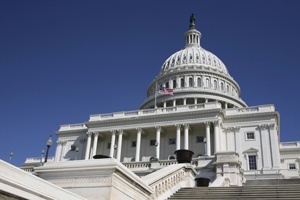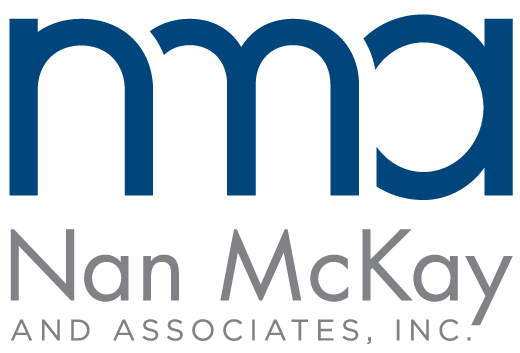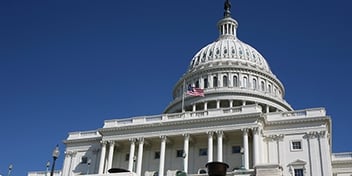Update on 2015 HUD appropriations bill
 Yesterday the U.S. House of Representatives passed H.R. 4745, the bill that provides funding for HUD in federal fiscal year (FFY) 2015. The vote was 229 to 192. The U.S. Senate has yet to schedule a vote on its version of the bill (S. 2438).
Yesterday the U.S. House of Representatives passed H.R. 4745, the bill that provides funding for HUD in federal fiscal year (FFY) 2015. The vote was 229 to 192. The U.S. Senate has yet to schedule a vote on its version of the bill (S. 2438).
On June 5, when the Senate Appropriations Committee approved S. 2438, the text of the bill was not available. Now that it is, we can provide you with a more comprehensive summary of what the bill contains.
- For the HCV program, the Senate bill recommends $19.562 billion in total funding (as compared to $19.177 billion available for this year and $19.357 billion recommended in the House bill), with:
o $17.719 billion for voucher renewal funding (as compared to $17.366 billion available for this year and $17.693 billion in the House bill)
o $130 million for tenant protection vouchers (as compared to the same amount available for this year and in the House bill)
o $1.555 billion for administrative fees (as compared to $1.5 billion available for this year and $1.35 billion in the House bill)
o $83.16 million for the renewal of Mainstream 5 vouchers (as compared to $106.691 million available for this year and $108.45 million in the House bill)
o $75 million for incremental HUD–Veterans Affairs supportive housing (VASH) vouchers (as compared to the same amount available for this year and in the House bill)
- For the public housing program, the Senate bill recommends:
o $1.9 billion for the capital fund (as compared to $1.875 provided for this year and $1.775 billion in the House bill), with a $45 million set-aside for “supportive services, service coordinator, and congregate services” (as compared to the same amount available for this year and in the House bill) and a $15 million set-aside for a Jobs-Plus pilot (also the same amount available for this year and in the House bill)
o $4.475 billion for the operating fund (as compared to $4.4 billion provided for this year and $4.4 billion in the House bill)
o $10 million for the Rental Assistance Demonstration (RAD) (as compared to no funding provided for this year and no funding in the House bill)
o $90 million for Choice Neighborhoods (as compared to the same amount provided for this year and $25 million in the House bill)
- For a consolidated family self-sufficiency (FSS) program, the draft recommends $75 million (as compared to the same funding level available for this year and recommended in the House bill). As the Center on Budget and Policy Priorities (CBPP) points out in its "Off the Charts" blog post, the bill would also broaden the program’s reach by allowing private owners of HUD-assisted properties to offer FSS to their tenants. (Owners would have to pay for the case management services.)
There is no mention of the new flat rent requirements in the general provisions. You can read the committee report here.

